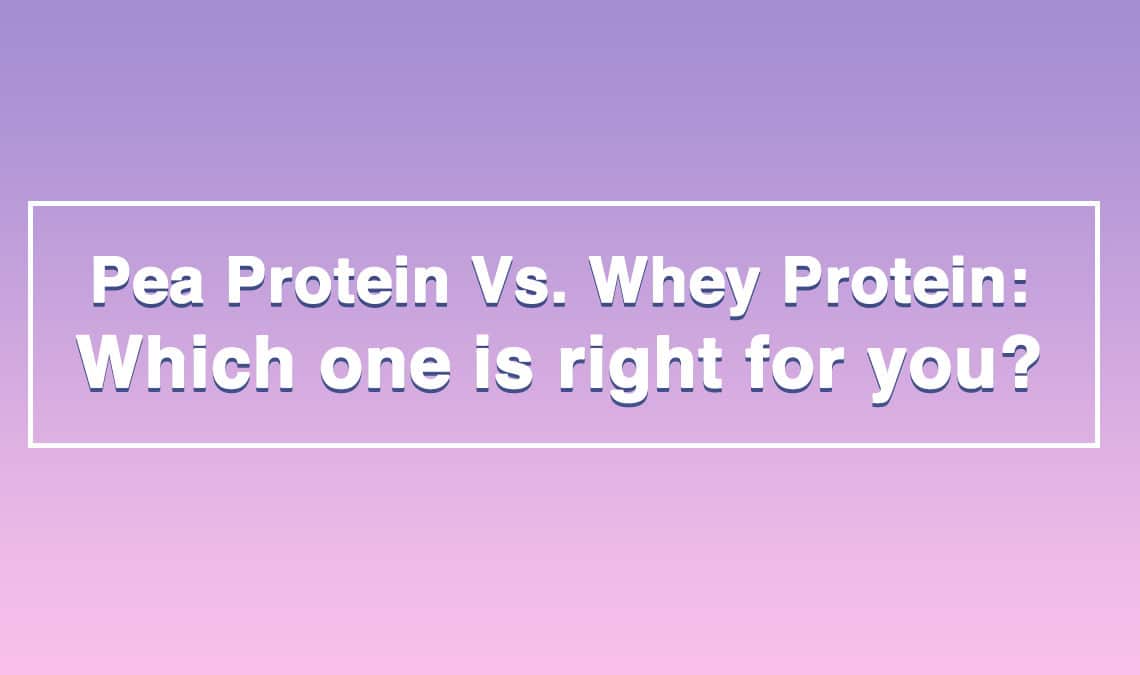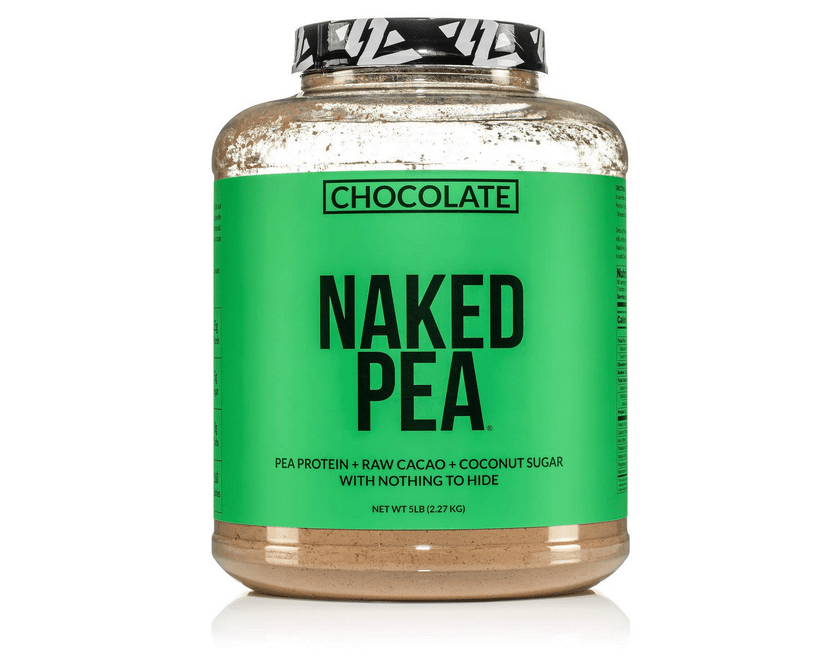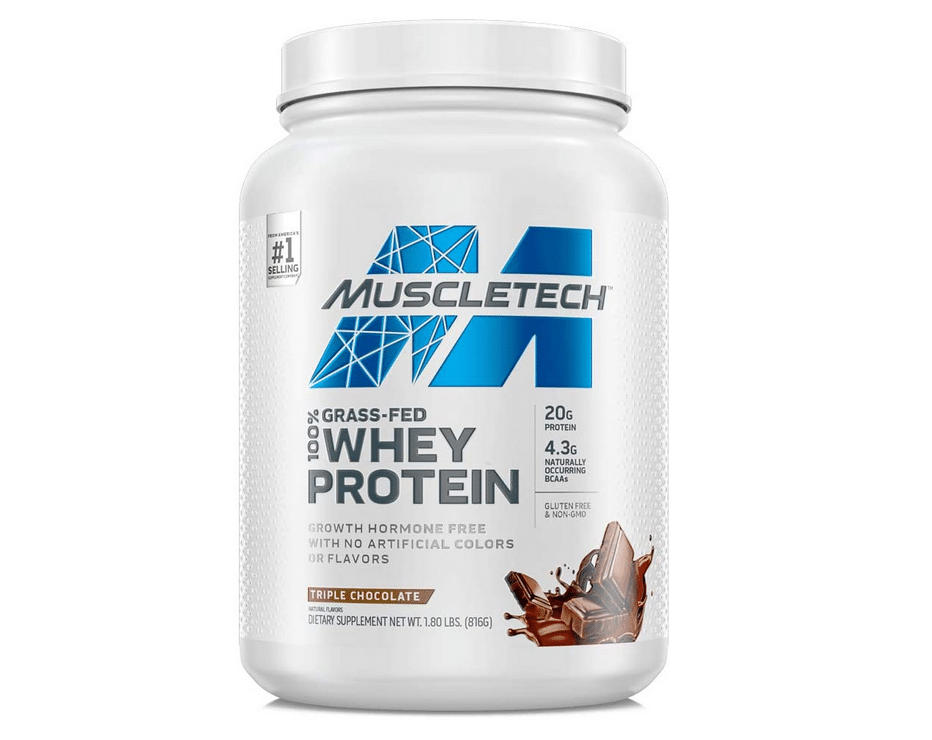
Whey protein has always been considered the gold standard protein powder to boost protein intake. Recently though, pea protein has gained popularity as an alternative, vegan protein powder. As it happens, there are also reasons for non-vegans to consider using pea protein powder. This article will explore the differences between the two to help you find the right protein powder for you.
What Studies Say About Pea Protein vs Whey Protein
Pea protein is vegan and generally made from yellow peas, whereas whey protein is made from milk. However, whey protein isolate does not contain lactose and isn’t generally a problem for people who struggle to digest milk.
When it comes to speed, the comparison of pea protein isolate vs whey isn’t entirely straightforward.
Whey is a very fast-acting protein – within 2 hours you will have absorbed a 20g dose of whey. That can be useful both pre-workout and post-workout, but it means whey won’t keep you full as long, and won’t maintain muscle growth for as long. Overly fast absorption also may make whey more likely to be burned for calories rather than used to fuel muscle growth.
Pea protein is digested more slowly which can suppress your appetite following consumption – a good thing if you’re trying to lose weight, or prone to between-meal snacking. Faster isn’t always better– in fact it often isn’t.
A study compared the impact of pea protein and whey protein and found that both produced largely similar outcomes concerning building strength and muscle. However, the sample size in that study was small, which makes studies less likely to find a significant difference between groups.
In terms of amino acid content, pea protein, by most measures, has a protein quality that’s about 80% as high as whey. Whey protein, unlike pea protein, has an especially high leucine (the main branched-chain amino acid) content which is necessary for lean muscle growth and helps in preventing delayed-onset muscle soreness. Studies recommend pea protein fortified with leucine to account for this disparity and provide needed BCAAs
Overall, whey is a more complete protein. Pea protein has all of the essential amino acids, but not enough methionine and cysteine to be considered a complete protein. The slower digestion speed makes pea protein a superior meal replacement, while faster absorption may make whey a better pre- or post-workout protein.
The Best Whey And Pea Protein Powders
Here we recommend the best whey protein powder and the best pea protein powder on the market.

Best Pea Protein Isolate
Naked Pea Protein
Naked pea protein isolate only contains three ingredients: organic yellow split-peas for protein, plus organic cacao powder and organic coconut sugar for taste. Their yellow peas are USDA-certified organic, grown exclusively in the United States and Canada. This product contains no artificial additives which is ideal if you’re looking for a raw, natural product.
Each 2-scoop serving provides 25g of protein which mixes well with coconut water or almond milk. You can get this protein in chocolate, vanilla and plain flavor. Due to Naked pea protein’s minimal ingredient list, we recommend adding other natural sweeteners with this powder to improve its flavor. For example, for the chocolate-flavored protein, be sure to add some more cacao as some reviewers find this boosts the chocolate taste.

Best Whey Protein Supplement
Muscletech Grass Fed Whey Protein Powder
Muscletech whey protein powder is a high-quality, professional product. Each serving provides 20g of protein extracted from hormone-free, grass-fed beef. On top of this, you will also consume naturally-occurring BCAAs which will aid in muscle growth and recovery. As Muscletech whey protein is more calorie dense, this powder is ideal for gaining muscle in the gym.
Muscletech whey protein powder will work better pre-workout as the 9g of carbs will help fuel your workout further. Reviewers love the taste of both the triple chocolate flavor and the vanilla flavor. The only downside of this product is its susceptibility to clumping in cold water, though users have found that adding milk prevents this.
Editor’s note: we are regularly updating this review. If you see any problems, weird interpretations of the data, or just want to say hi, please reach out to hello@the-unwinder.com.
